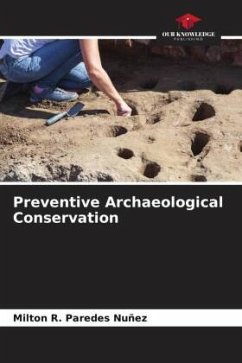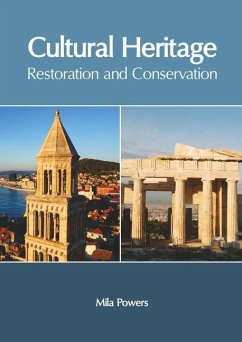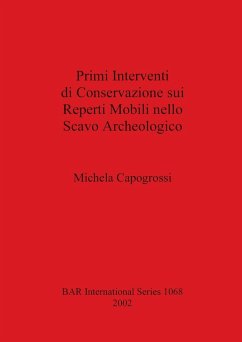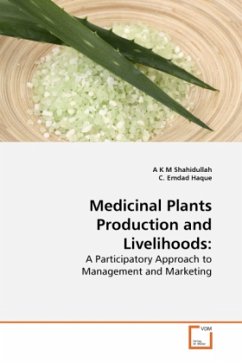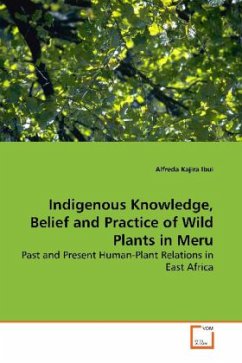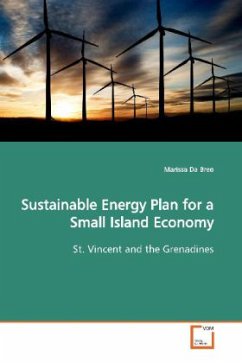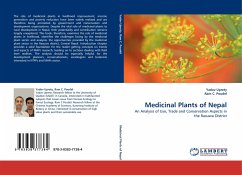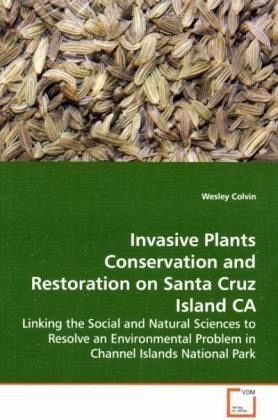
Invasive Plants Conservation and Restoration on Santa Cruz Island CA
Linking the Social and Natural Sciences to Resolve an Environmental Problem in Channel Islands National Park
Versandkostenfrei!
Versandfertig in 6-10 Tagen
52,99 €
inkl. MwSt.

PAYBACK Punkte
26 °P sammeln!
While the precautionary principle advocates a proactive posture towards the eradication of invasive species, there is little empirical evidence to support this effort. By examining fennel management on Santa Cruz Island, California, from three perspectives, I advocate an ecological framework for weed management. First, a critical discourse analysis revealed that underlying scientific assumptions and personal bias failed to provide hypothesized results. Next, two long-term field studies, The Nature Conservancy's Central Valley Fennel Removal Experiment and the University of California at Santa ...
While the precautionary principle advocates a
proactive posture towards the eradication of
invasive species, there is little empirical evidence
to support this effort. By examining fennel
management on Santa Cruz Island, California, from
three perspectives, I advocate an ecological
framework for weed management. First, a critical
discourse analysis revealed that underlying
scientific assumptions and personal bias failed to
provide hypothesized results. Next, two long-term
field studies, The Nature Conservancy's Central
Valley Fennel Removal Experiment and the University
of California at Santa Cruz's Natural History Field
Quarter Fennel Project, focused on the response of
vegetation guilds of introduced and native origin to
restoration disturbances that produced results
contrary to common wisdom. Finally, the allelopathic
potential of fennel was evaluated against a suite of
species from introduced and native origin.
Allelopathic interference was most negative for
growth of introduced species with little
significance for their germination, and interference
was most negative for germination of native species
with little significance for their growth.
proactive posture towards the eradication of
invasive species, there is little empirical evidence
to support this effort. By examining fennel
management on Santa Cruz Island, California, from
three perspectives, I advocate an ecological
framework for weed management. First, a critical
discourse analysis revealed that underlying
scientific assumptions and personal bias failed to
provide hypothesized results. Next, two long-term
field studies, The Nature Conservancy's Central
Valley Fennel Removal Experiment and the University
of California at Santa Cruz's Natural History Field
Quarter Fennel Project, focused on the response of
vegetation guilds of introduced and native origin to
restoration disturbances that produced results
contrary to common wisdom. Finally, the allelopathic
potential of fennel was evaluated against a suite of
species from introduced and native origin.
Allelopathic interference was most negative for
growth of introduced species with little
significance for their germination, and interference
was most negative for germination of native species
with little significance for their growth.





